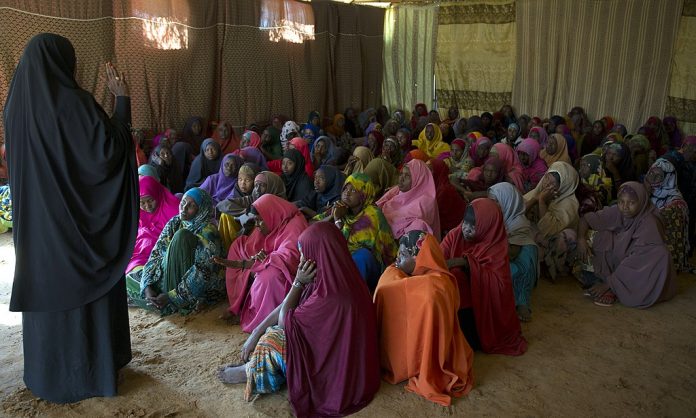On the occasion of the International Day of Zero Tolerance for Female Genital Mutilation (FGM) on 6 February, the European Commission and High Representative/Vice-President Kaja Kallas reaffirmed the EU’s strong commitment to eradicating Female Genital Mutilation both in Europe and around the world.
“Female Genital Mutilation is a violation of human rights and a heinous form of violence against women and girls. It is estimated that over 200 million women worldwide, including at least 600,000 in Europe, have undergone female genital mutilation. It is a means to assert domination and social control over women and girls. The practice has severe life-long physical and psychological consequences. There is absolutely no medical or ethical justification for it and it has no place in any society,” Kallas said in a statement.
FGM involves the partial or total removal of the female external genitalia or other injury to the genital organs for non-medical reasons, as defined by the World Health Organization. An estimated 190,000 girls in 17 European countries are at risk of FGM, with 600,000 women currently living with its consequences in Europe. Each year, at least 20,000 women and girls seeking asylum arrive from FGM-prevalent countries.
“We are committed to fighting and eradicating Female Genital Mutilation, around the world and in the EU,” stated Kallas. “We adopted last year the EU Directive on combating violence against women and domestic violence, which requires Member States to include Female Genital Mutilation as a specific criminal offence in their penal codes, to establish prevention measures and trainings for health professionals, provide survivors with specific specialist support, and collect data on reported cases of Female Genital Mutilation,” she said.
“The EU has been supporting projects to combat FGM worldwide, engaging with communities, transforming social norms through collective action. Since 2016, the EU has been working with partners on programmes such as the EU-UN Spotlight Initiative to finally put an end to this horrific practice,” High Representative/Vice-President continued.
The 1989 UN Convention on the Rights of the Child, ratified by all EU Member States, condemns violence against children. In 2021, the European Commission adopted an EU Strategy on the Rights of the Child, emphasising education, awareness, and legal measures to eradicate FGM. A Recommendation issued in April 2024 calls on Member States to strengthen child protection systems and ensure their external actions address violence against children, including FGM.
The European Commission is committed to ending gender-based violence, including FGM, as outlined in various EU strategies and action plans. The EU collaborates with partners like UNFPA and UNICEF on initiatives such as the EU-UN Spotlight Initiative to eliminate violence against women and girls.
FGM is criminalised under the Istanbul Convention, to which the EU acceded in October 2023. The EU’s Directive on Combating Violence Against Women and Domestic Violence, adopted in May 2024, requires the criminalisation of FGM as a distinct offence. Member States must incorporate this Directive into national law by 14 June 2027.
“We remain committed to working with governments, civil society, and international organisations to ensure that the practice of FGM is universally condemned and eradicated. The European Union will persist in collaborating with global partners to adopt a zero-tolerance stance on Female Genital Mutilation, to build a world where every girl and woman can live free from all forms of violence and discrimination,” highlighted Kallas.

